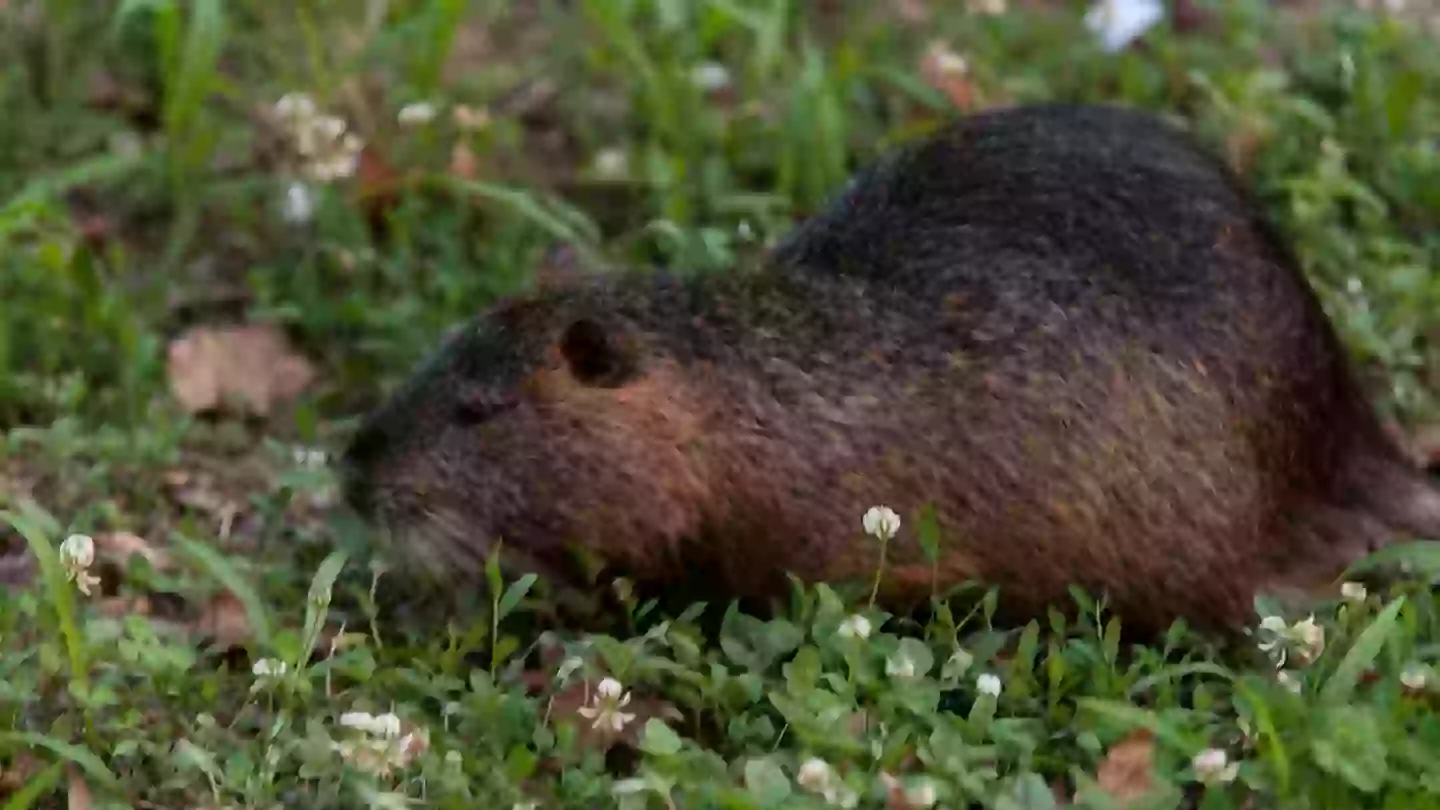
US government officials are encouraging people to start eating an invasive rodent called the nutria despite it posing some pretty major health risks.
Nutria are semi-aquatic rodents that originate from South America and look a bit like beavers without the cool tail.
They were originally introduced to the US, as well as Europe and Asia, to be used for their fur.
Advert
But their destructive burrowing and feeding habits have caused significant environmental damage and led to them being considered an invasive species.
Now, the US Fish and Wildlife Service have come up with a rather unconventional solution to the country's nutria population problem – eat them.

In February, the government office launched a new campaign that encourages people to swap out chicken or beef for the nutria's gamey meat.
Advert
In a Facebook post, they wrote: "EAT ME! Please? I'm invasive and delicious.
"It's National Invasive Species Awareness Week, and this year, please consider the following slogan: 'Save a Swamp, Sauté a Nutria.'
"Their nonstop munching and burrowing destroy the plants that keep marshes stable, leading to erosion, loss of habitat, and wetlands that resemble something out of a disaster movie."
The agency continued: "Their meat has been compared to rabbit or even the dark meat of a turkey. If your state has nutria, check your local regulations to see the rules for how to hunt, capture, and then ultimately, cook these nuisance critters."
Advert
Experts' reactions to the campaign have been mixed, particularly concerning how safe it actually is to eat the rodent.

Shana Wiltshire, a Southern cuisine advocate and corporate caterer, told Food & Wine: "Nutria is lean, protein-rich, low in fat, and nutritionally comparable to rabbit or venison. However, food safety concerns (such as environmental toxins) must be addressed based on how and where it is gathered."
If you're willing to give it a go, she recommends 'braising, stewing, or slow roasting to effectively bring out tenderness and flavour'.
Advert
But others are less convinced that chomping down on these fuzzy guys is a good idea.
CEO of CareYaya Health Technologies, Neal K Shah says: "From a health viewpoint, wild nutria are hazardous. These semi-aquatic rodents can carry many pathogens, such as leptospirosis, salmonellosis, and tularemia — diseases that can also be transmitted to humans through various routes other than eating or handling wild nutria.
"Ingestion of raw or undercooked wild nutria could certainly expose a person to any illnesses the animal has," he continued. "Even direct contact with a healthy wild nutria could involve some risk if the animal were to bite. About half of all wild mammals carry some type of zoonotic (animal-to-human) disease."
We'll stick to chicken nuggets, thanks...
Topics: US News, Food and Drink, Animals
